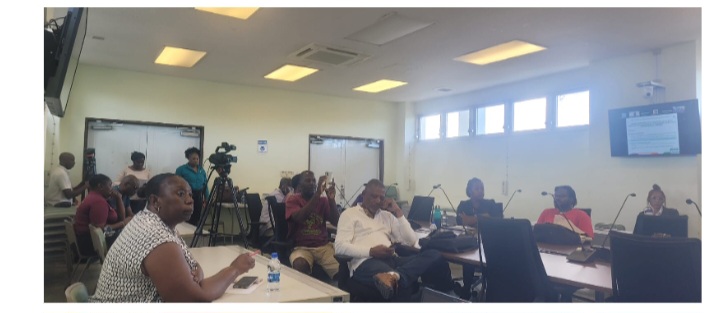The Inter-American Institute for Cooperation on Agriculture (IICA) and the Food and Agriculture Organization (FAO) have reinforced their commitment to agricultural innovation and regional collaboration by hosting the first virtual symposium, ‘Next Generation Sweet Potato Production in the Caribbean – Annual Project 2025.’ Held on October 15, 2025, via Zoom, the event attracted over 90 participants from 13 Caribbean nations, including technical experts, government officials, farmers, and researchers. The symposium focused on leveraging genetic diversity in plants and soil microbes to enhance sweet potato cultivation in Antigua and Barbuda, Jamaica, and St. Lucia. Funding for the initiative is provided by the FAO International Treaty on Plant Genetic Resources for Food and Agriculture Benefit-sharing Fund, with additional support from the European Union. The project is coordinated by IICA in partnership with the Caribbean Agricultural Research and Development Institute (CARDI) and the Ministries of Agriculture of the participating nations. Gregg Rawlins, IICA’s Representative for the Eastern Caribbean States, emphasized the project’s alignment with CARICOM’s 25 by 25+5 initiative, which aims to reduce regional food imports by 25% by 2030. He highlighted the initiative’s role in promoting resilience, self-sufficiency, and inclusivity by empowering women, youth, and persons with disabilities in agriculture. Juan Cheaz, FAO’s Trade and Markets Officer, underscored the sweet potato’s versatility, resilience, and nutritional value, stressing the importance of reliable access to clean planting materials for boosting productivity. Gregory Bailey, Antigua and Barbuda’s Director of Agriculture, reflected on the crop’s cultural and historical significance, calling for renewed collaboration to build a sustainable agricultural future. The symposium featured insights from Dr. Alexandre Mello of the International Potato Centre (CIP) on sweet potato genetic diversity and its potential to address global food security and climate challenges. Breakout sessions focused on biocontrol methods, genetic resource management, and strategies to expand research and farmer participation. Since its launch in late 2024, the project has identified 12 farmer-preferred cultivars for virus cleaning and conservation, trained over 100 technicians, and advanced research on biocontrol techniques, marking significant progress in regional agricultural innovation.
IICA and FAO convene regional conference on advancements in sweet potato cultivation to enhance food security and climate adaptation
